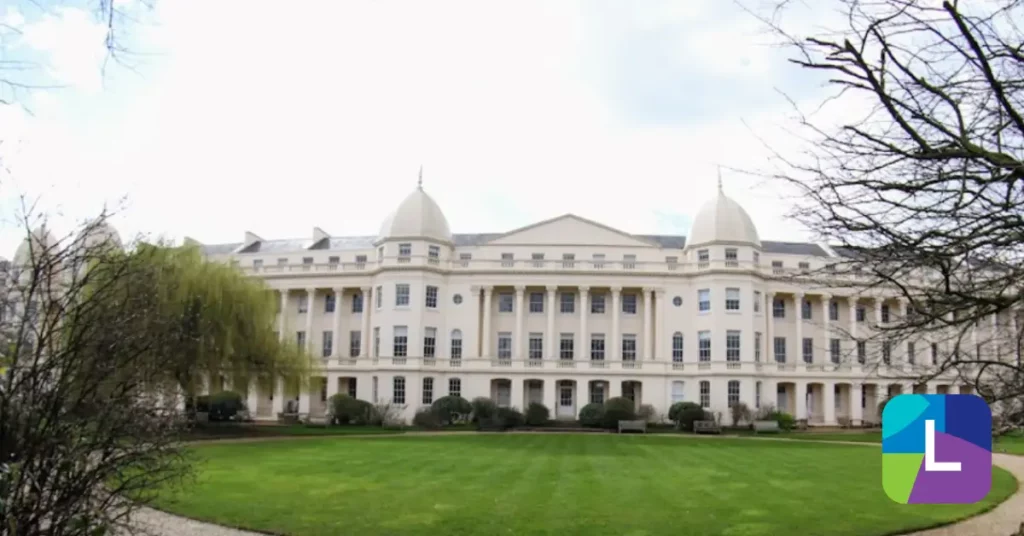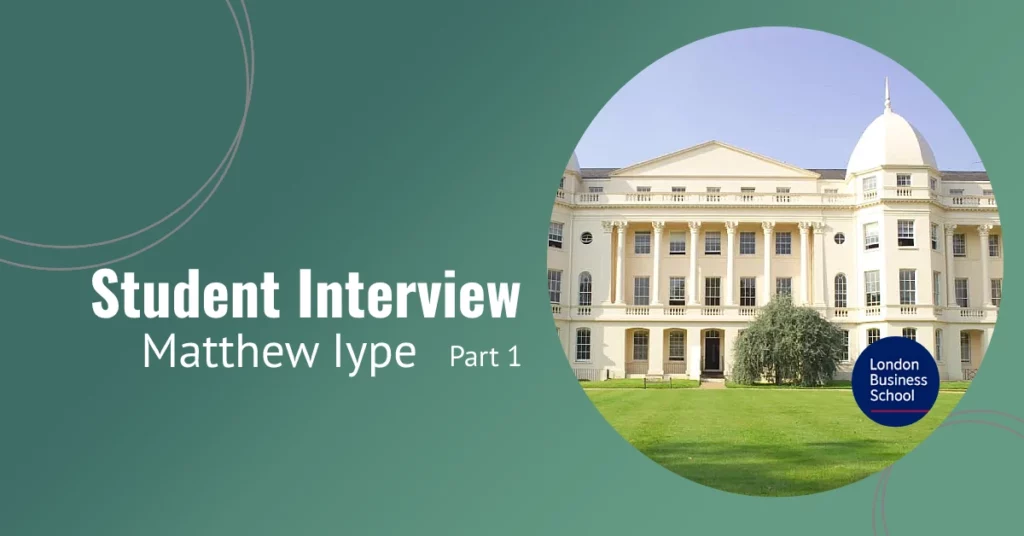Is a Master’s Degree right for you?
Studying for a Master’s is a difficult decision to make, different students have different reasons why they pursue one. Many do so to improve their career prospects. But others also enjoy the chance to pursue their subject at an advanced level.
This blog represents an overview of why you might want to study for a Master’s degree.
At Lendwise, we want to help you to make the best decision possible, as studying for a postgraduate degree is a serious commitment. Postgraduate studies can be a significant investment monetary and emotional but can involve lots of pressure so be mindful to take care of your well-being during your studies.
So Should You?
It is important to consider your reasons as spending another year at university can seem appealing if you are unsure what you want to do after graduation. But remember, you won’t automatically make yourself more employable by achieving a postgraduate degree.
Before making a decision, you should consult with your university’s careers advisory team, lecturers, alumni and fellow students. But the person who really knows the most is yourself. So take time to reflect and base your decisions on the collective data.
Some of the reasons why you might want to do a Master’s degree:
- Improve your employment prospects
- Change career path
- Study a subject you’re passionate about
- Meet the requirements of a specific profession or add further skills in that profession
- Progress to a PhD level
Is A Master’s Degree Worth The Effort?
This question should be answered by people who have undertaken a postgraduate degree, but also by your evaluation points. Below are some sub-questions you should consider in your evaluation:
— Are you passionate about your area of study?
A Master’s degree is more complex than an undergraduate degree. You will be challenged to take more responsibility and see a higher learning curve of independent preparation and research. This means you need to be extremely self-motivated and passionate about your study.
— Are you ready for another year at university?
Everyone is different, some people but you will most likely be experiencing study fatigue after finishing three long years at university. A period of work could help you take a break and reflect on your goals. You can be in a better position to afford a Master’s financially, but you might find yourself enjoying a different profession than you originally thought.
— Can you afford it?
The cost of a Master’s varies. In the UK, there is no cap on how much a Master’s degree costs, so universities can charge as they like, although most keep within the same region as each other. But wherever you decide to go, you’ll still need some serious financial backing. In England, you can receive a loan of up to £11,836 from Student Finance for the academic year 2022/23. Subtract it from the cost of the course and add in potential renting costs and living expenses, and you may find yourself extremely short.
Do remember, studying for a Master’s presents a year of not earning full-time wages. A Master’s can have value, but make sure you have some financial backing to cover your short-term expenses and that your qualification will be worth it in the long term. If you are unsure, make sure you do enough research until you are sure it is likely to be the right decision for you.
— Are you studying the right course?
Postgraduate degrees are varied with a wide range of Master’s degrees and other postgraduate qualifications. Some have academic expertise, others vocational, professional or research applications. It’s vital that you pick the correct course to advance you to the next step of your career.
Asking these questions should help your decision on what you hope to get out of your Masters and if it’s the right path for you to take. But don’t take your decision-making too tough, as a Master’s has lots to offer.
Will A Master’s Degree Make You More Employable?
Evidence suggests a Master’s degree may increase your employability and lifetime earnings. Completing a postgraduate degree is an impressive achievement as it demonstrates your ability to complete difficult assessment tasks. Some Master’s courses enhance undergraduate degrees and point them toward specific professions.
But you shouldn’t assume any postgraduate degree will automatically make you more attractive to employers. Unless your degree relates to a specific career path, you’ll need to learn how to sell your Masters to employers.
Funding A Masters
During an undergraduate degree, you can theoretically cover the full cost of your expenses and course fees using Student Finance. But in a postgraduate setting, things work a little differently. You can apply for a postgraduate degree loan from Student Finance, but it will most likely not cover the full course fee. Given that fact, you may also need extra funding assistance to pay for your living expenses, the rest of the course fee and anything else.
Are you thinking about pursuing a master’s at a top UK university? Make your dream come true by seizing this opportunity to either take your career to the next level or tick off a personal interest. *Apply online and we’ll support you on your path to success.
Representative Example: Assumed borrowing of £30,825 over 120 months at 12.73% APR representative. Monthly cost of £509.26. Total amount repayable of £61,199.65. Interest rate of 11.62% p.a.(fixed) and total fees of £925.00. Available for loan amounts between £5,000 – £100,000.
(Representative Example date: October 2024)
*Credit is subject to status and loan approval is not guaranteed. Over 18’s only. Terms and conditions apply.
Should You Work Or Study for A Master’s?
It’s pretty common for students to ask themselves this question after graduating. There is no simple answer to this question, it largely depends on motivation and personal circumstances. If you are passionate about a specific career path and the Master’s will help your employability in a certain field, that is usually a good sign you should continue your studies.
You should not feel pressured into studying for a postgraduate degree for the sake of it. It is important to know you can always return after a year or two of real work experience as you may find yourself in a better position financially or the break reaffirms your passion for the subject. Often some experience in the real world can aid in understanding and applying the theory of many subjects.
Do Some Jobs Require Postgraduate Qualifications?
The simplest answer is both yes and no. Some professions only hire candidates with specific qualifications. There are many examples where students use postgraduate qualifications to spearhead their career prospects, while others undertake other routes, such as vocational training.
The best method to find out if a postgraduate degree will help you enter a specific profession is to speak to a career advisor. Two other options are contacting recruiters and employers directly.
Professional Development With A Postgraduate Degree
Not all students study for a postgraduate degree immediately after graduating. Many do return to university later in their lives for one of two reasons, to advance their career prospects or to switch careers.
For people who want to switch careers, an MBA is particularly well-suited for this approach, with options for part-time and remote studies alongside the traditional full-time basis. There are many postgraduate courses specifically designed for professional training, and some are conversion courses that open doors to vocational training for education, law, and more.
Beneficial Situations To Use A Masters
Below are some situations which might be useful to you when studying for a Master’s:
- You want to switch careers
You’re not alone If you’re looking for a new challenge. There is a rapidly growing number of people looking to change careers, either on a different path in their profession or looking to fulfil a goal/aspiration.
A postgraduate course could help you retrain as there are some specifically designed for switching careers.
- Want to boost your career
Working in a fast-moving and highly-skilled profession may require some training to update your skill set. This can help you keep up with the times in new developments, technologies and trends that can impact/enhance your role.
There are shorter postgraduate training courses that can be studied part-time or remotely. This means you can enhance your career without taking a break.
- Move into management
Postgraduate training can be a great way to move into a senior position in your current company or profession. It doesn’t mean you have to study for a management degree, but a postgraduate course could help your practical expertise to help your CV shine. You can read our 10 tips to write the perfect CV.
- Move into an academic role
Many university academics come from professional backgrounds, such as business and psychology. Your hands-on experience in a field could make you a great teacher and researcher. A Master’s will help you understand from an academic perspective, and prepare you for a PhD if you wish to pursue one.
Will A Master’s Degree Prepare You For A PhD?
A master’s can be an excellent bridge between undergraduate study and Ph.D. research. However, not all PhD programmes require a Master’s degree. The requirements differ between subjects and research projects. The best way to find out if a PhD course requires a Master’s is to contact the university or attend a postgraduate fair so you can find out the approaches different universities take towards the matter. They will be able to tell you if a Master’s could help prepare for the course or even improve your chances of receiving a funded position.
How not to apply for a Master’s
This post is specifically on how to NOT apply for a Master’s.






